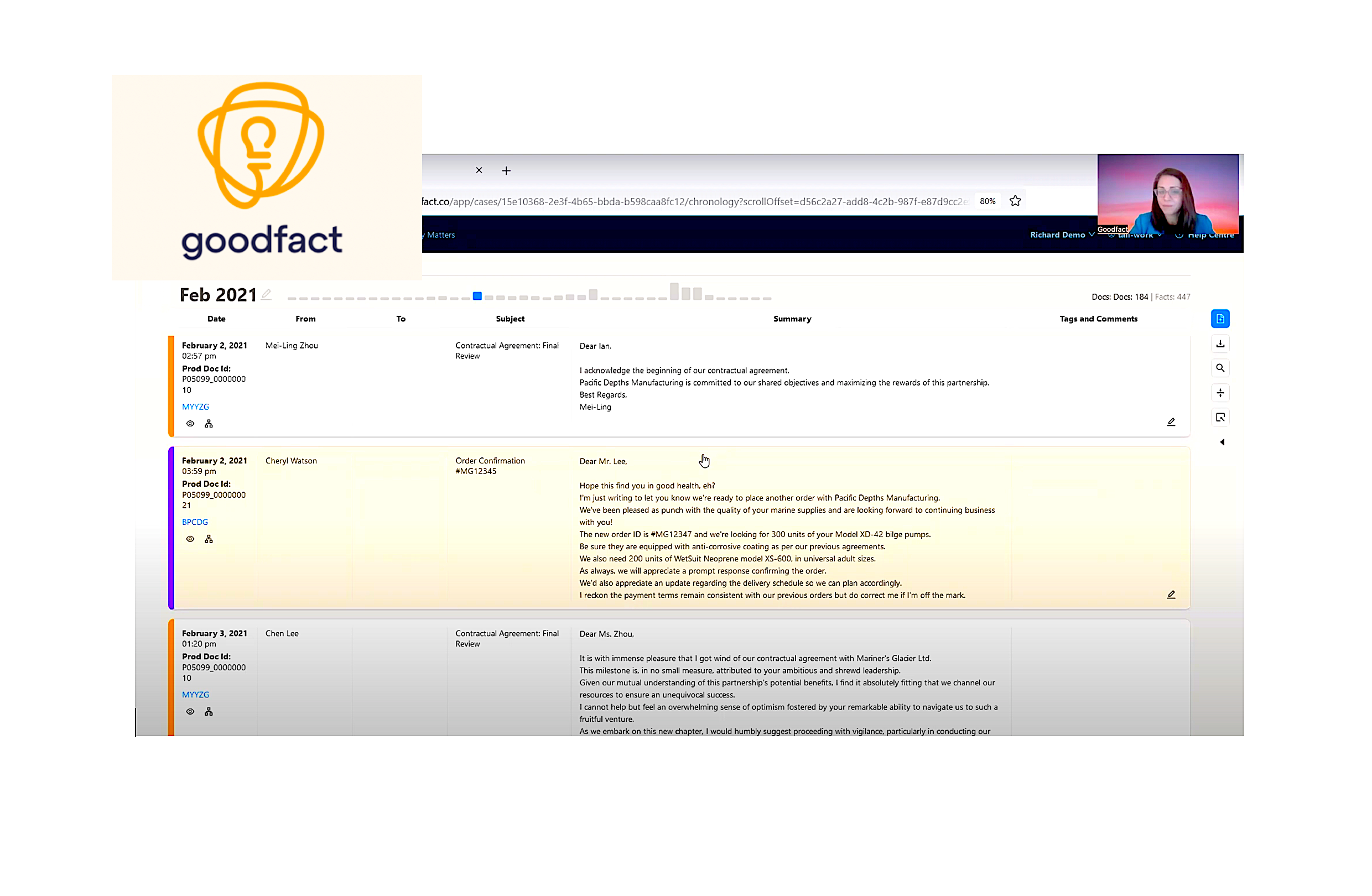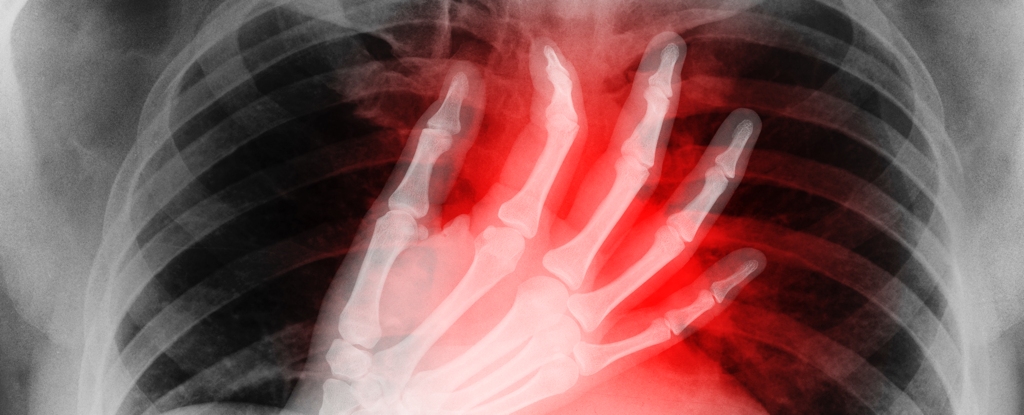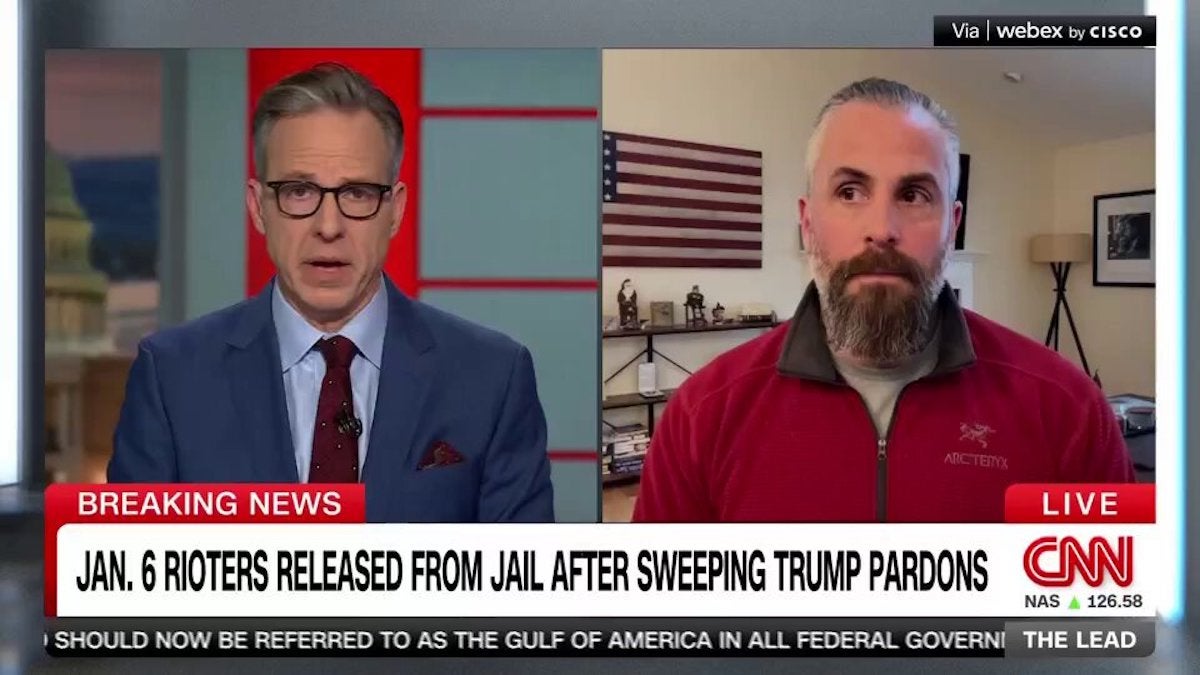What (Not) to Do If You’re Sued — Lessons from an Expert Witness
The risk of being sued is the elephant in the room during every clinical encounter with patients. Here's what to do if it happens. The post What (Not) to Do If You’re Sued — Lessons from an Expert Witness appeared first on The White Coat Investor - Investing & Personal Finance for Doctors.

The risk of being sued is the proverbial elephant in the room during every clinical encounter with patients. Even though most of my fellow radiologists fear a lawsuit with potential personal, professional, and financial consequences, 2022 data indicates the majority of physicians will not actually be sued during their careers.
I was not one of the lucky ones, however. Just a few years into my clinical career as a radiologist, I was sued. After several years, the case was resolved. Not only did I survive the experience, I’ve thrived as a physician and expert witness, and I've become a resource for other physicians looking to develop medicolegal consulting skills with my Expert Witness Startup School.
I’ve previously written about how becoming an expert witness made me a better physician and about the financial benefits of putting your clinical skills to work in a new way. The good news is that the majority of physicians sued will not face a settlement against them, and even fewer cases will actually go to trial—on average, it's about 1-3 per 100 cases filed. That means there is a lot physicians can do to improve their chances of a positive outcome if they are sued—for their own health and for the good of the medical profession.
Remember: The Case Is Not About You
Plaintiffs file lawsuits for lots of different reasons, mostly financial. The most often cited reason patients sue is that a medical error is suspected; and the legal system’s remedy for the ills of errors is money. Plaintiffs harmed by medical errors may lose wages temporarily or permanently if they can't work. They may incur costs of treatment especially if they're uninsured. Finally, they may be awarded money for pain and suffering.
Many plaintiffs and their families also want to avoid seeing others face the same alleged fate. They want to see a silver lining in their experience, and a sense of service may lessen their own suffering (and possibly assuage guilt over receiving a financial settlement or winning a verdict).
Even though you should avoid taking the case personally, take a personal interest in it. The only action you can control is your own, so adopt an attitude of accountability in how you respond to your case. Asking yourself, “How can I respond here?” and “What is within my control?” can remind you that you are doing everything possible to be proactive, not defensive. Acting from a position of strength will yield better results than coming from a fear-based mindset. Your actions can include engaging (not avoiding) involvement in your case, doing appropriate research, and keeping an open mind as the case evolves.
More information here:
Do Not Talk About the Case with Others
Talk only with your defense attorney. Be open and honest in your conversations. Keep communication primarily to the telephone and in-person meetings. Minimize any emails when possible.
Your defense attorney is truly there to serve as your advocate. Return their phone calls as soon as possible. Be punctual for appointments. Dress professionally whether meeting with your attorney or going to deposition or trial.
Some conversations with some people may be protected from discovery during the legal process—perhaps including your spouse, a therapist, psychiatrist, or other medical professional—but ask your defense attorney for guidance.
It can feel very isolating to be sued. But medical malpractice insurance is the norm for physicians, not the exception, because lawsuits are a relatively common occurrence. Some articles quote a 50/50 chance of being sued over the course of a career, but that is not statistically true for all physicians during all phases of their careers. The actual risk is lower, with early-career physicians and women statistically sued less frequently overall. Risk typically rises with time and with more patient encounters throughout a career.
Keep a Journal
Document the facts of the case. This is not the place for your innermost feelings; this is a memory aid you will consult throughout litigation: i.e. when you were first contacted and by whom; dates and times of meetings; and other events like depositions, references, and other supporting documents, etc. This journal may also include details regarding medical care—either from your recollection or information you’ve gained from reviewing medical records.
Discuss what you document with your attorney since recording what you have discussed together may make this document privileged under the attorney-client relationship. But keeping your story straight is important especially when you may be provided later with different opinions and information and when cases often last months to years.
Research in the Right Way
Expert witnesses are bound by state-specific laws that govern what can be considered evidence in court. Physicians rely on skills, training, and expertise to make decisions about patient care. That includes references like medical literature, specialty or other professional society publications like consensus guidelines, white papers, etc.
It’s good practice to stay up to date with information in your clinical specialty, both via CME and professional resources. You should have the ability to support your opinion of the medical care provided or to explain why clinical judgment prompted actions not recommended in the literature. This is one reason expert witnesses can be such a valuable resource to their practices and can also improve patient care—because expert witnesses are legally required to support their opinions with research and/or provide examples of skills, training, and expertise. Research applicable resources but do NOT access the patient’s medical record independently.
Any keystroke can be tracked in an audit trail and potentially can be used in deposition or trial. Remember that only literature published at or before the time of care is applicable since medical care evolves over time and today’s knowledge may have changed in the months or years since an alleged malpractice event occurred.
Your attorney will provide you with any needed medical records. If you need additional information or know that other materials may help evaluate the case, let your attorney know so they can request them. You can be a valuable resource to your attorney when you put your knowledge to work to get the best information to inform your case.
More information here:
How to Survive a Medical Malpractice Lawsuit
Do Not Throw Yourself Under the Bus
Juries are designed to be made up of our peers in society, and pretty much everyone on a jury will have needed medical care at some point. Although lawyers may try to exclude jurors with very specific experience or strong feelings about particular issues in a case, the jury will likely have a varied perspective, and most will give physicians the benefit of the doubt because they recognize the value we provide in the world by helping keep everyone healthy. Even though most medical malpractice cases do not go to trial, physician defendants win most cases at trial.
However, physicians can self-sabotage by appearing arrogant or uncaring, either at deposition or trial. If there are bad facts in a case, discuss them openly and honestly with your attorney. Decide how to frame them in the context of the information available at the time of care. Opinions vary on the usefulness of apologies in medicine. If an error or bad outcome was recognized at the time it occurred, review any documentation in the medical record that may have detailed how it was discussed with the patient or friends and family at that time.
Do Not Throw Colleagues/Co-Defendants Under the Bus
Even worse than a physician who comes across as arrogant or unfeeling (even if it comes from a reaction to stress or fear) is one who finger-points at other clinicians. Occasionally, disagreements may be documented in the medical record, as when a primary care physician acknowledges a consultant’s input but decides not to pursue every recommendation. It is critical to keep documentation objective, however, and discuss the thought process behind decision-making. If this wasn’t done at the time of care, give it some serious thought and formulate your arguments for why something was (or wasn’t) done at the time.
Lack of follow-up on inpatient findings after discharge is a common theme in lawsuits, so documenting specific details of communication can be helpful (time/date, method of communication, person contacted). If not documented contemporaneously, having specific knowledge of your electronic medical record system can help you articulate the process by which information can be accessed throughout patient care.
Just like expert witnesses must stay within their own area of expertise, defendants should be careful not to have opinions about why another defendant (or non-defendant clinician) made a clinical decision. Let them answer directly through the legal process. Avoid making hypotheses about others that may result in their being named as co-defendants later. Discuss these thoughts with your attorney but not in deposition or trial, where you are only likely to damage your own reputation and credibility.
No Monday Morning Quarterbacking Your or Others’ Actions
Radiologists have a saying: “The answer is on the prior images.” No one has a “retrospectoscope” to use the future to see what should have happened in the past. Cancer is more easily seen in retrospect after you know where it later developed. This is why it is important for expert witnesses to review cases from earliest to latest dates—i.e. start with the prior exams or records and read forward, not backward.
Physicians don’t practice in hindsight, so don’t approach your legal case from the future. Consider the facts and information available at that time. Use contemporaneous literature when strengthening your legal position. If older consensus guidelines are needed but have been replaced by newer revised versions, you can often obtain them by contacting the society or organization that published them and asking for the sunsetted version available at and before the time of the alleged incident.
Accept that bad outcomes can occur regardless of best efforts. What can be learned from the situation?
More information here:
10 Things You Want to Know About Medical Malpractice
Do Not Let the Case Take Over Your Life
Manage your mind when working on your own case. Schedule a defined time on your calendar to research articles, read legal documents, or talk with your attorney.
If it isn’t clear what should have been done in a case, articulate why. Consider the literature (or lack thereof). Did you lack information you could have had at the time? Why did the typical course of action not apply in this case?
A powerful question to ask yourself is, “Why would I NOT do that in this case?” This perspective favors action as the default best option—like the old adage, “Don’t just stand there, do something!” But sometimes watchful waiting, observation, testing and retesting, etc. are the better options—just be able to articulate why that was appropriate in a given case.
Do Not Run for the Hills
Your defense attorney will typically work hard to defend you. Many defense attorneys are paid by insurance companies for the time spent working on a case, and as a general trend, defense attorneys may be paid less than their plaintiff attorney counterparts who may earn money based on a percentage of financial settlements or verdicts. Most defense attorneys tell me they feel strongly about supporting physicians because they hate to see good physicians suffer negative consequences when they’ve done nothing wrong. Many attorneys have told me how grateful they are for physicians who take care of themselves and their families and friends.
When an attorney knows you are taking your case seriously and are an active advocate for yourself, they will be positively motivated to help you through this process.
Do Not Make Financial Moves
Moving money or other assets after you learn a case is filed (or possibly if you suspect one may be filed) can be a red flag in a legal case and can damage your credibility. In rare cases, a judge may order you to reverse financial changes made out of the fear your assets may be seized in a judgment against you.
It may be prudent to take proactive moves to protect assets before and after a case, but to do so in the middle of a case is generally not a good idea.
How to Make a Bad Situation Do Good
As impossible as it may seem during a malpractice case, it is possible to make lemonade out of lemons. What can physicians do to survive and thrive in a medical malpractice suit?
Remember, it’s not about you. Lawsuits focus on the care provided and whether it measures up to what someone with similar training, skills, and expertise would do in a similar situation.
I had no idea expert witnesses even existed before I was sued. My attorney retained one who supported my actions, and it was a small comfort to know I wasn’t alone in my case. Even though I had no personal interaction with her, knowing a fellow professional supported my interpretation and actions helped me feel less isolated, as did the supporting literature I provided to my attorney as part of my research on the case.
My defense attorney was an amazing source of support and perspective. I was shocked, however, when he recommended I serve as an expert witness after my case concluded. At that point, I wanted nothing to do with the legal system ever again.
Then a few years later, I was contacted out of the blue by a law firm to review a case as an expert witness. I said yes because I knew firsthand how valuable an expert witness is to the legal system and because I knew I had developed the skills to do a good job. Now, after almost a decade, I’ve served as an expert in over 200 medical malpractice cases and taught hundreds of clinicians how to launch and build their own expert witness practices.
Medical innovation has progressed by leaps and bounds over the 20th century, and public trust in physicians has been hard-won. It is critical that physicians serve as expert witnesses—just like the public serves jury duty—to provide objective reviews of medical care.
Whether you are sued or serve as an expert witness, remember that patients and families ultimately have similar needs. They want to know that everything possible was done, that no alternative was known to have been better, and that there is something to be learned from the experience (even IF nothing was done wrong).
Physicians can also benefit from being proactive prior to being sued by having an awareness of the legal process. We can handle the legal process in a professional manner that also helps us build strength and resilience. And ultimately we can continue to serve as leaders and advocates for optimal patient care, whether in our own defense or by serving as expert witnesses.
Interested in learning more about becoming an expert witness? Sign up for Dr. Gretchen Green's Expert Witness Startup School from now until January 27!
Have you ever been sued for malpractice? What was your experience like? What do you wish you did differently?
The post What (Not) to Do If You’re Sued — Lessons from an Expert Witness appeared first on The White Coat Investor - Investing & Personal Finance for Doctors.
What's Your Reaction?

























































































